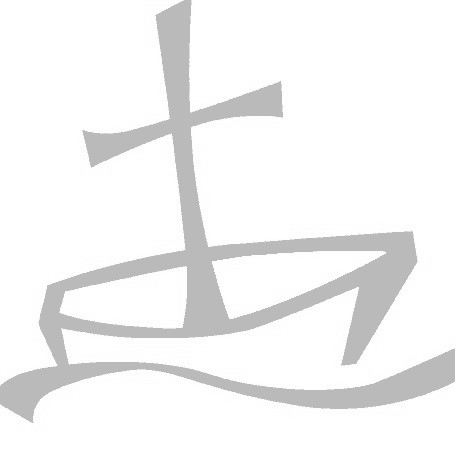For the Health of the Community
As in many cultures, talking about mental health and seeking treatment for mental illness carries a certain amount of stigma in the Somali community. At a recent Health Connections event in Mankato, Community Health Worker Mohamed Ibrahim wanted to have an open conversation about mental health without triggering the walls people put up when they hear terms like anxiety and depression. In a partnership with mental health counselors from Counseling Services of Southern Minnesota, a nearby agency working to serve Mankato’s diverse population, Mohamed and CSSM designed creative communication to address mental health issues. They brought visual charts and asked questions about whether or not people have trouble falling asleep at night because of worries, feel overwhelmed by daily tasks like getting the kids ready for school, or don’t feel like eating because of sadness. This approach lead to a lot of conversation among group participants, and opened the door for those who might want to seek support.
Health Connections events are one of the two main parts of the heath work MCC Refugee Services is carrying out in Mankato. In 2015, MCC RS, with funding from the Blue Cross Blue Shield of MInnesota Foundation, began Health Connections programming for communities with language and cultural barriers to accessing healthcare and wellness. In 2017, a Community Health Worker pilot program was initiated in partnership with the Mayo Health System. The CHW work allows for more direct patient coordination and advocacy. The combined work is beginning to dramatically reshape the way that refugees interact with the health care system and the ways in which clinicians serve their patients with encouraging results.
Our health care program in Mankato was built over a number of years, with input from numerous staff. Mohamed Ibrahim is one of the key staff responsible for this programming. When Mohamed joined the staff of MCC Refugee Services he led the Health Connections events and then became certified as a Community Health Worker. Community Health Workers (CHWs) carry out a broad range of tasks, from helping educate communities about health-related topics to advocacy and helping patients manage their health. Mohamed is a Somali physician who trained in Somalia and worked with the International Committee of the Red Cross and Doctors Without Borders in East Africa. To learn more about him, please refer to this article on our blog!
Health Connections are regular events that bring together community members and providers in a specific area, for example mental health, to learn from each other with encouraging outcomes. They have covered a variety of topics including the differences between primary care, urgent care, and emergency medicine, and numerous other topics. For example, one session focused on vaccines (in particular the MMR vaccine). The MMR vaccine has had lower compliance rates because of fears about autism, particularly in the Somali community, and the Mankato Clinic reported that after the session, 10 families brought in all of their children to receive the MMR vaccine and update other vaccines. Both MCC staff and Mankato Clinic staff were so encouraged to see families taking independent action following this event.
Refugee Services Mankato also provides extensive individual support to individuals who are living with complex illnesses. Thanks to funding from the Mayo Clinic and Mankato Clinic Foundations, Mohamed is able to work with about 45 patients as an advocate and liaison. He collaborates with social workers at the Mayo Clinic and care managers at Mankato Clinic, as well as Public Health nurses, to coordinate care and education for patients. This involves scheduling appointments, accompanying individuals to appointments, assisting with insurance registration and claims, follow-up, and helping patients become self-sufficient in the management of their care. With his support and guidance, patients have shown great success in both measureable health outcomes (for example, well managed blood sugar levels for a diabetic patient) and social determinants of health (i.e. social connectedness and stable housing). As a result of this comprehensive support and education, many individuals have graduated from Mohamed’s support as their health has improved and they can independently manage and understand their care. These “graduates” know that they can always come back to Refugee Services if they face a crisis, and Mohamed generally encourages them to take the lead in solving the problems that have come up
Refugee Services Mankato has big dreams for where this work might take them in the years to come. The Mankato Clinic recently awarded MCC a $20,000 grant to deepen the collaboration between MCC CHW program and the Mankato Clinic, and there is still more work to do. Both Margo and Mohamed dream of comprehensive community integration in care, and Margo describes their current work as the tip of the iceberg. They hope to see more Community Health Workers in the community, especially in the Somali, Sudanese, and Latino communities. It’s a big dream, but Refugee Services is excited to play a part in ensuring the well-being of the whole community.

